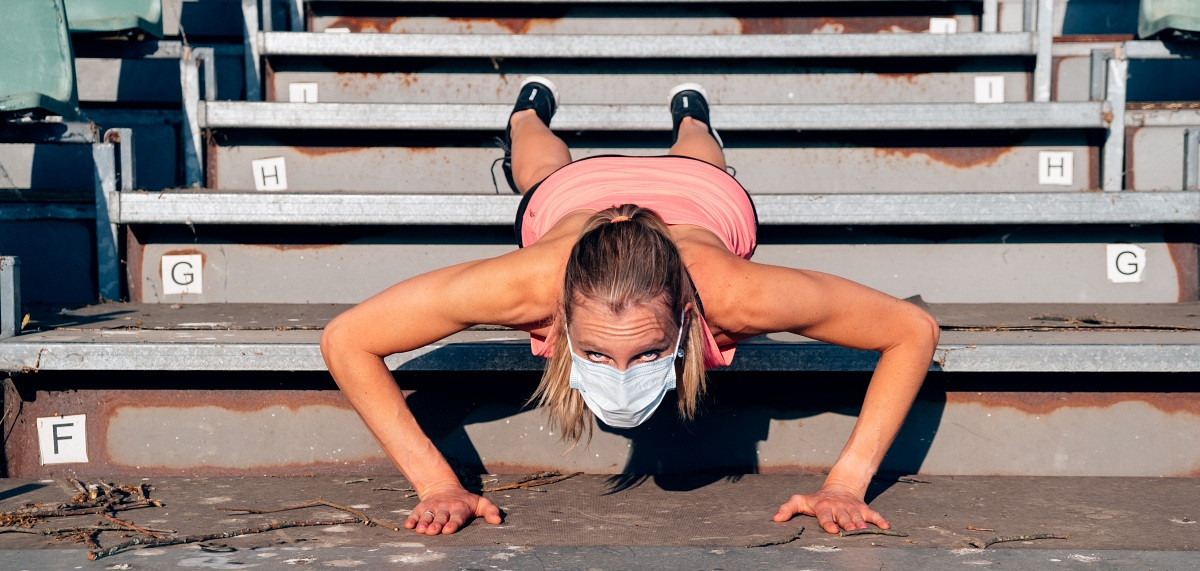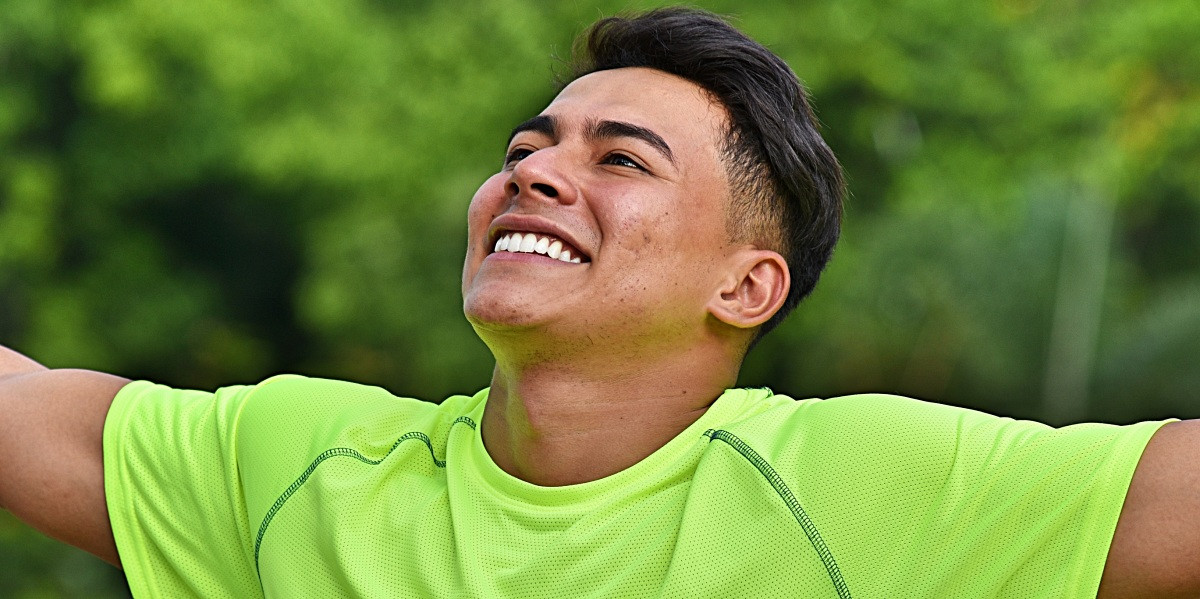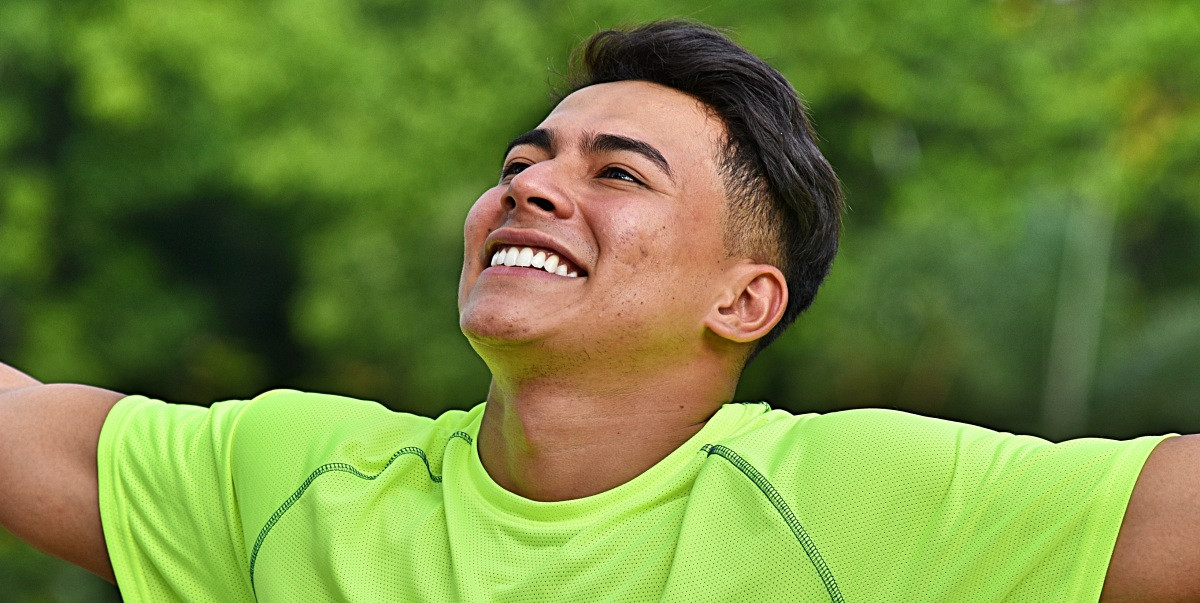Mental Health
Welcome and thanks for visiting...

Athletes and Resilience!

Since the spring of 2020, the world has been slowing down, going through a period of incredible collective stress. Many projects have had to be postponed or even abandoned.
Like everyone else, athletes have suffered and are also suffering the consequences of COVID-19.
For the first time in peacetime, the Olympic Games, scheduled for Tokyo last July, have been postponed. The health of the competitors, their coaches, their families, as well as that of the general population had to be protected.
Most professional leagues have had to cease their activities (some have resumed), as has also been the case, in several places, for amateur sports of all disciplines.
Everyone understands these difficult decisions, but I can't help but feel sad for these athletes who cannot demonstrate their incredible talent in the sport that fascinates them.
Of course, they are not the only ones to suffer the consequences of COVID-19. There are also millions of us who restrict our movements, avoid going out and even limit contacts and meetings with our relatives and friends.
As athletes and have to bear the consequences of decisions not necessarily ours. We have no control over this virus that is spreading around the world.
So, how should we react?
There are three main possible psychological responses, both for athletes and for the general public.
One can, first of all, anticipate the worst. That is to say, to believe that things will become even harder and it will be incredibly difficult to recover. Such an attitude promotes depression and gloomy thoughts, while increasing anxiety, stress and fear.
It would take a long time for an athlete to adapt and bounce back and get things in hand. Feeling helpless and being content to just go through the motions promotes sadness, feelings of loneliness, as well as frustration and susceptibility, even going so far as anger.
Another response is to accept the situation by saying we cannot do anything, and that whatever is done, the die is cast. Here, we admit our helplessness. It does not matter because we are convinced that it does not change anything. Athletes who take this approach will not feel the need to continue training or stay in shape. “What does that matter?” they will say to themselves, since everything is cancelled and all the work and all the effort put in over the years will have vanished?
It happens that the same attitude in the population in general occurs when some people feel they have lost control of their destiny, believing that decisions are made elsewhere and by others. Those who adopt this philosophy often no longer see the importance of making an effort, or even abiding by the rules. They give up.
The third avenue is more difficult, but more rewarding.
It's about asking how events can help you grow and improve. For athletes, giving up on the idea of ââcompeting in the Olympics, for example, is a huge loss. However, when we meet and we talk about it, I try to show them that to participate in the Games represents a personal challenge to achieve the goal of becoming a better person and a leader in society.
Nevertheless, even though they do not go this time, it does not change their qualities as a human. The efforts made for years, perseverance they have demonstrated, discipline and incredible passion is still present.
This year, they have not participated in the games for global health reasons. But they could have been hurt a few weeks or months before the Olympics.
Whatever the situation we must continue s to improve, to work to come back even stronger. From this point, we can take the steps to advance despite the situation. The athlete who chooses this approach will continue to train to the best of their ability, demonstrate discipline, determination and, in other words, regain control over what they can control to improve.
This is called resilience.
In a difficult situation we must choose to do something good and decide, consciously, to help ensure that it happens. This involves keeping healthy lifestyle habits, getting into action (while respecting instructions and social distancing), maintaining a routine, and acting on things that we can control, without losing confidence or faith in the future of humanity.
I believe that most athletes reacted well to the new situation. These are people I admire a lot. They now have another opportunity set an example of resilience.
And we, as people, become inspired to survive the pandemic...





